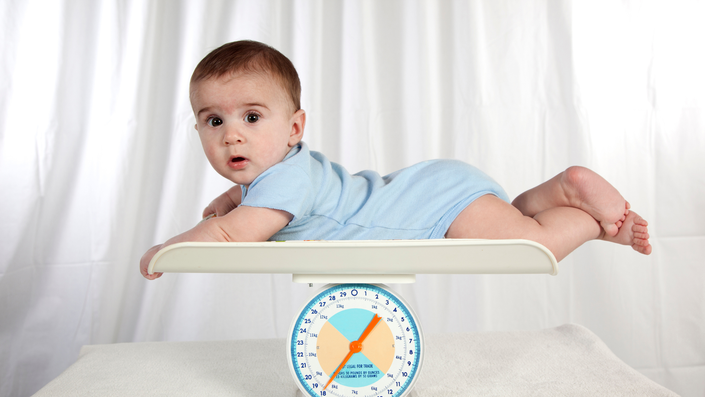Supporting Children and Families Involved in the Child Welfare System: First Do No Harm
Course Description:
In the US, 6-7 million children are involved with child protective services, with 3-4 million families investigated each year. About 15-20% of cases are "substantiated" - most for neglect or reasons related to poverty. 1/3 of all children will encounter CPS and 1/2 of Black children are impacted. If you work in early intervention, or with children with feeding challenges in other settings, you will interact with children and families in the system.
Did you know?
- Children can be removed from their homes for weight status; both “failure to thrive” and “obesity.”
- Serving a child Cheetos or juice has been used to substantiate claims of neglect or noncompliance.
- Thorough investigations are not the norm.
- Families of color are disproportionately impacted
- Any contact with the system traumatizes.
This session will cover common myths, misperceptions, and biases in the system; support strengths-based practices, and offer practical tips so you can better support children and families. For early intervention, ST, OT, and pedi RD professionals.
- Advocate for children and families around therapeutic and medical needs.
- Consider how “failure to thrive” and “obesity” are misused and can harm children and families.
- Consider how diet culture, and personal bias around foods can cause harm (for example neglect substantiated for serving Cheetos to a child).
- Think through potential interactions with case workers or with referrals for care or specialists.
- Consider how to talk about feeding, growth and nutrition in ways that don’t add to bias.
DURATION: 1 hour
Erika Shira LMHC, MT-BC
Erika Shira is a licensed mental health counselor, certified early intervention specialist, and board-certified music therapist, in addition to a foster parent and adoptive parent.
Roles over the decades have included foster care caseworker, early intervention clinician, arts instructor in emotional/behavioral special education, various community mental health supervisor and director roles, individual and family clinician in a private acute mental health setting, state-contracted parent and child evaluator, as well as a member of various advisory boards to organizations focused on trauma-informed care, social justice, cultural competence, and neurodiversity.
Current clinical work focuses mainly on serving as a member of legal defense teams for families involved in the child welfare system (both with private-pay attorneys and public defenders), as well as consultation and evaluation of complex children and families with the aim of securing appropriate community-focused and culturally relevant supports rather than systems entanglement. Current advocacy work focuses on learning from lived experience and promoting community resources that center the experiences the programs intend to serve.
Learning Objectives: at the completion of this course, the participant will:
- Have a better understanding of the way claims are made and substantiated, and how bias shows up in the child welfare system.
- Help advocate for children around therapeutic and medical needs when parents and caregivers cannot safely do so.
- Begin to examine your beliefs and understand how personal bias and diet culture can cause harm.
- Learn ways to talk about growth, nutrition and feeding that don't add to bias.
CEU information:
Certificates of attendance verify 1 hour of continuing education for SLPs and OTs. Check with your professional organization’s licensing bodies to determine exactly what may be accepted for you:
This course counts towards ASHA professional development hour requirements, and does not require pre-approval. Please keep your certificate as proof of attendance as it is not submitted to ASHA’s CEU registry. Please check with your state certification board for any additional requirements for state licensure, as they all differ. ASHA professional development information
This course counts towards AOTA professional development hour requirements and does not require pre-approval. Please check your state’s and national certifying body guidelines for specific information to determine if it may apply to your state’s licensure requirements. Please keep your certificate as proof of attendance as it is not submitted to any CEU registries. NBCOT certificate and certification , NBCOT certification activities chart


